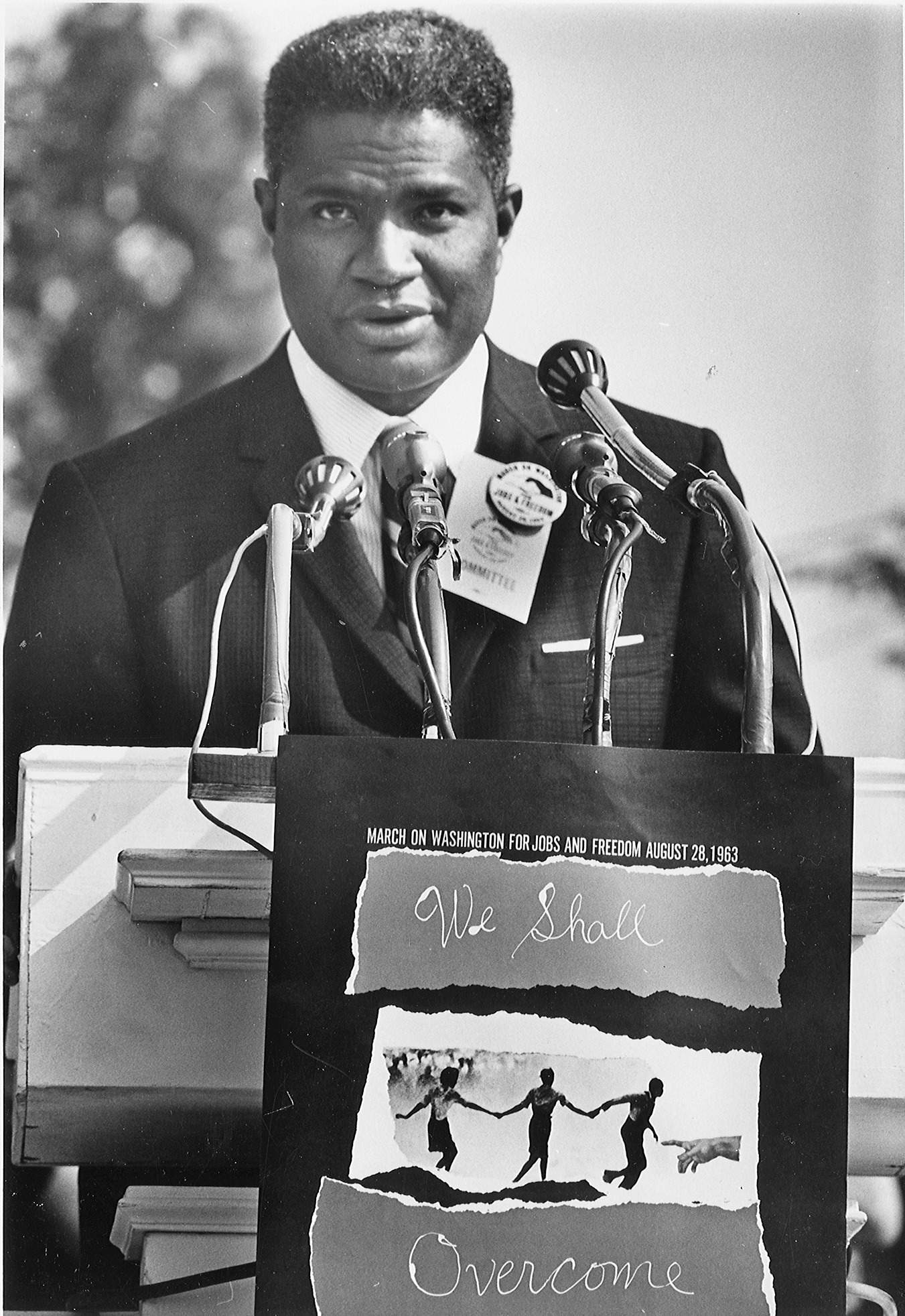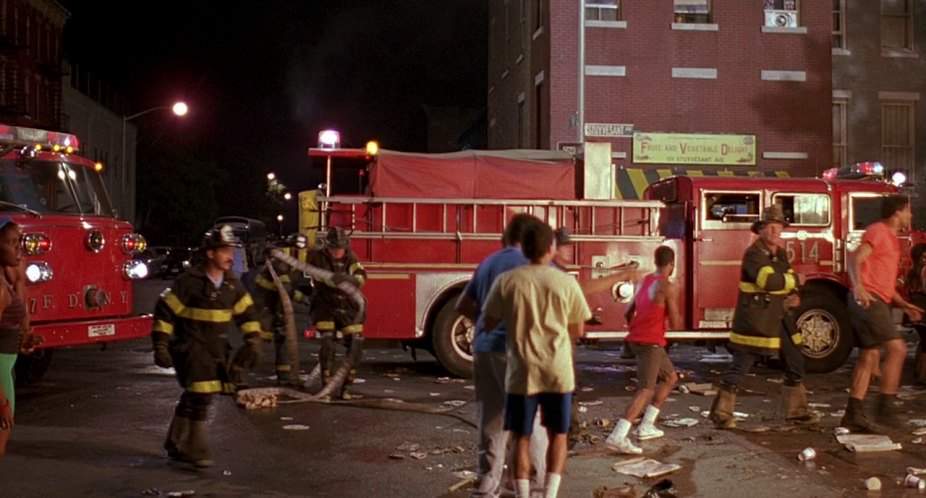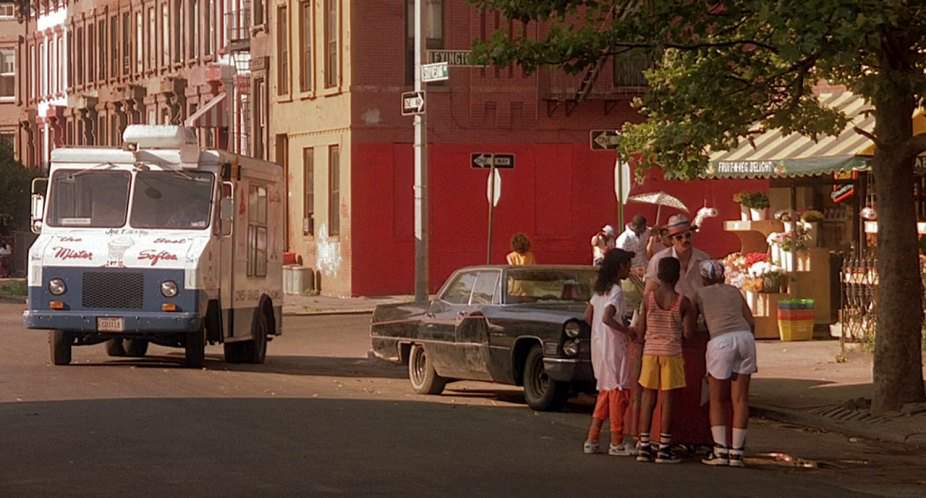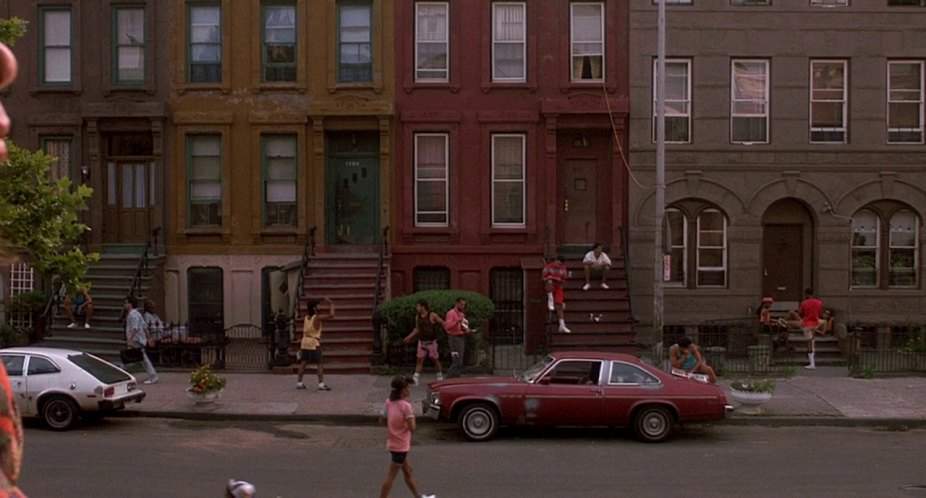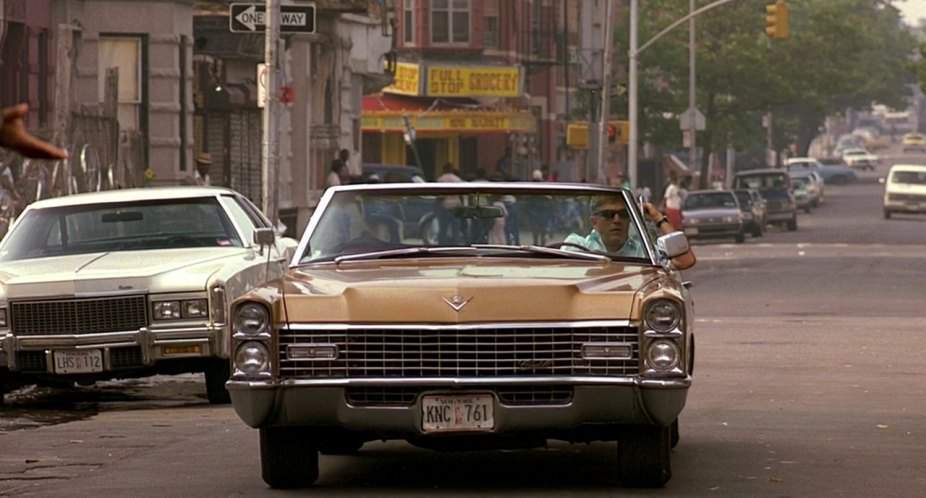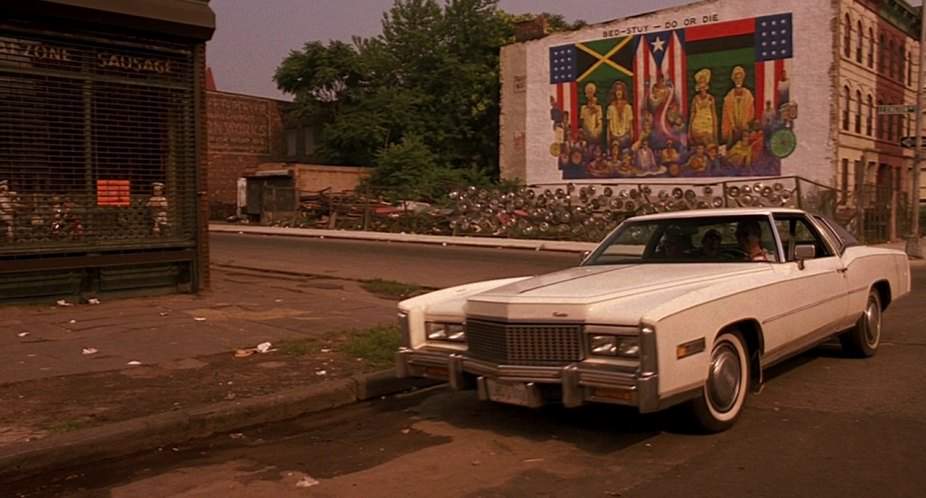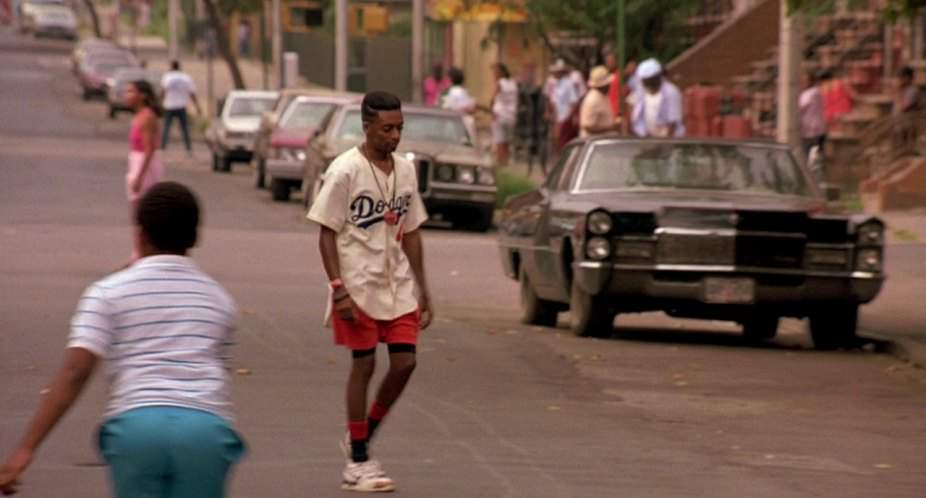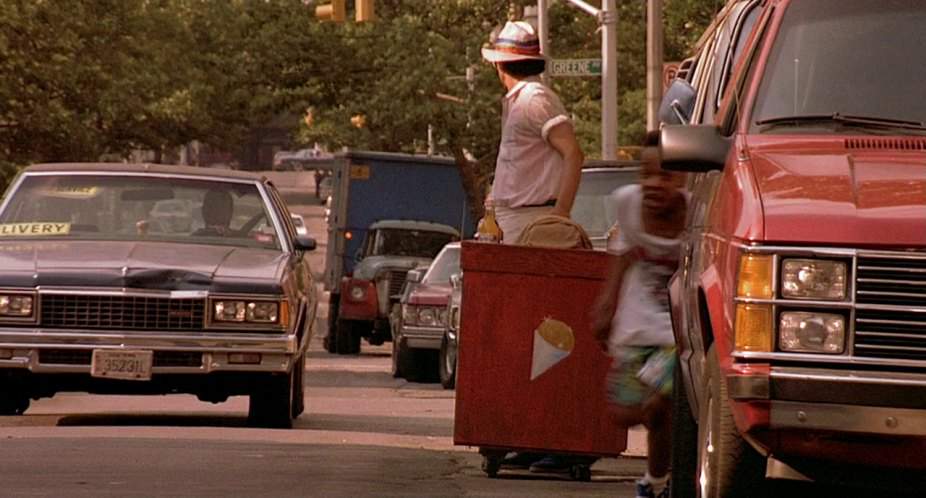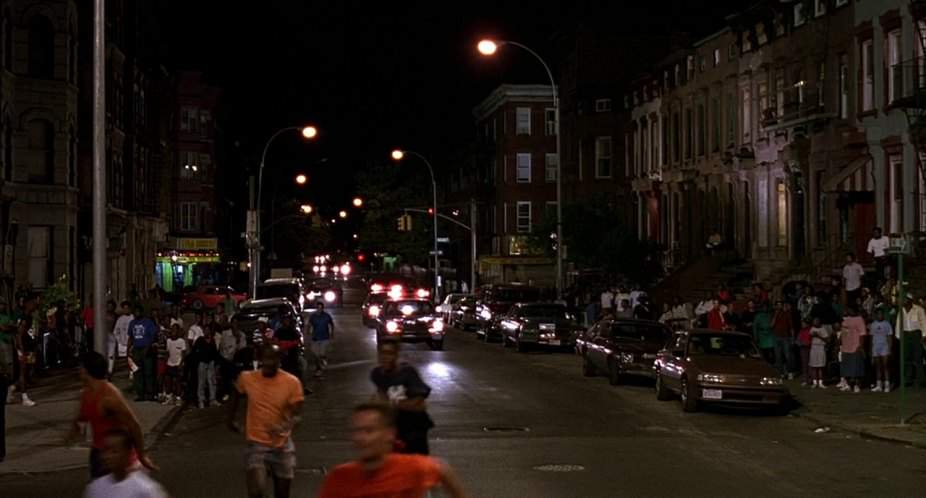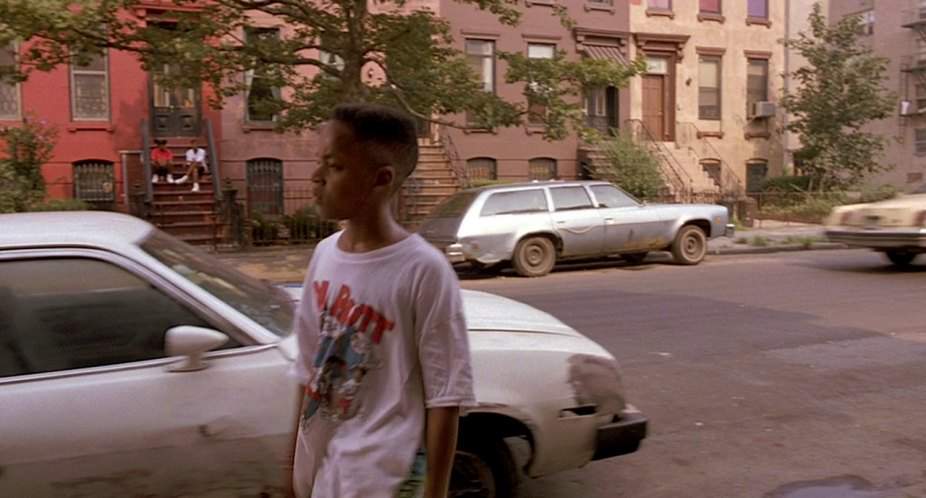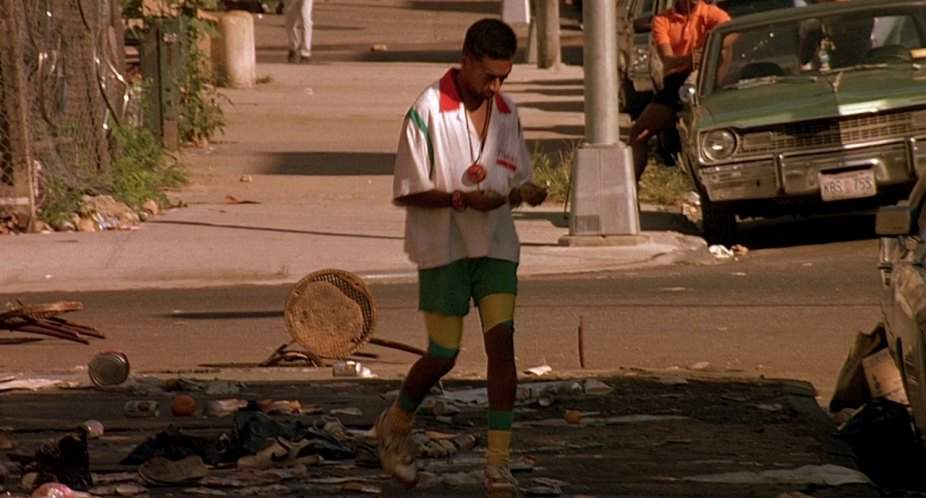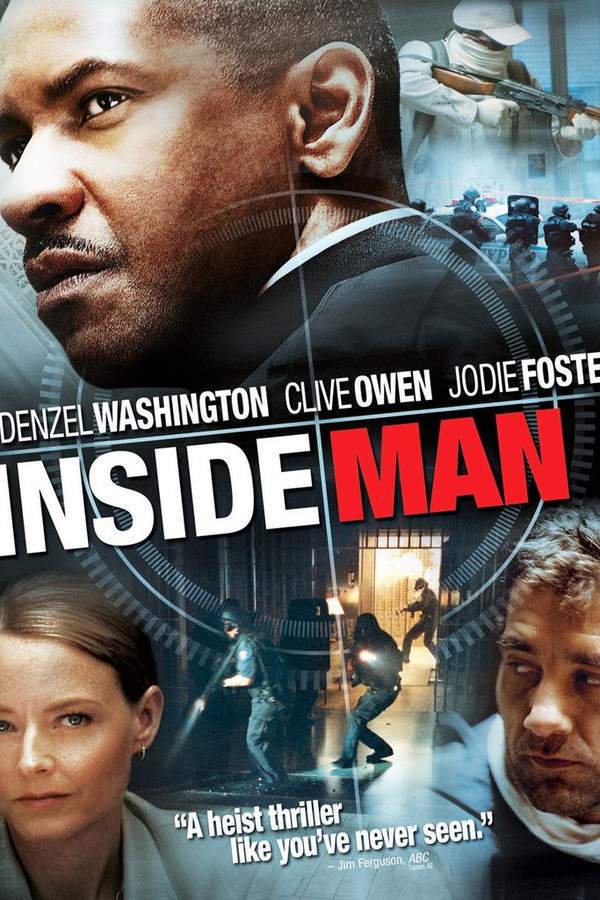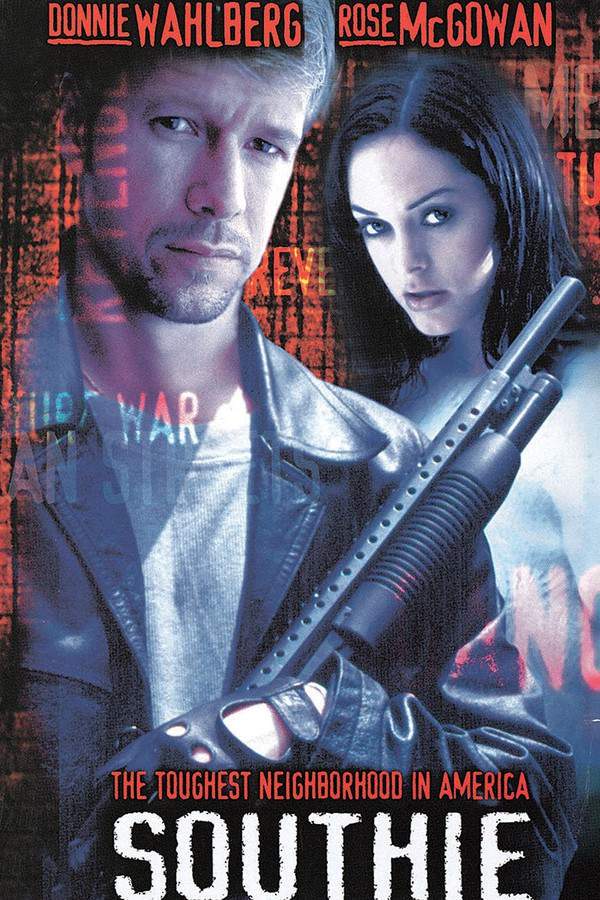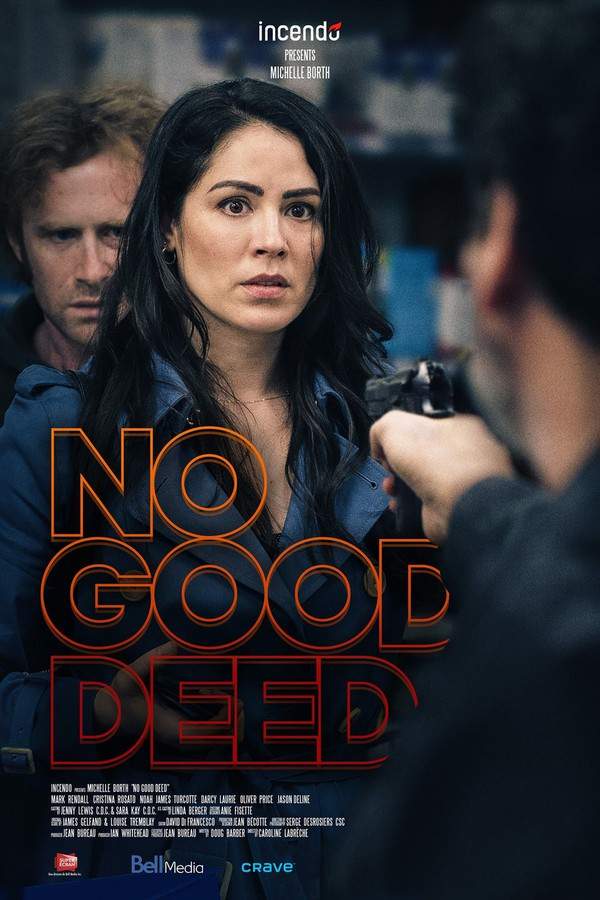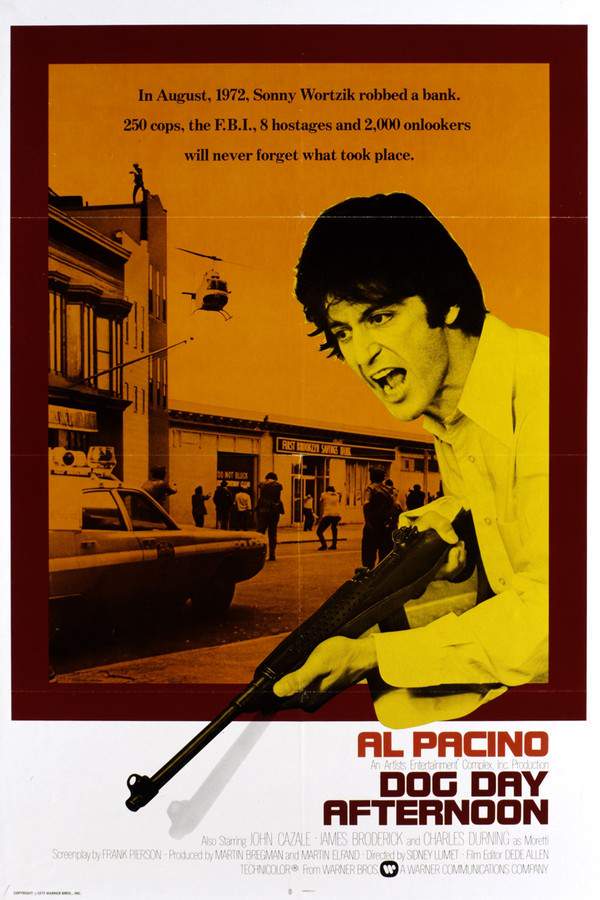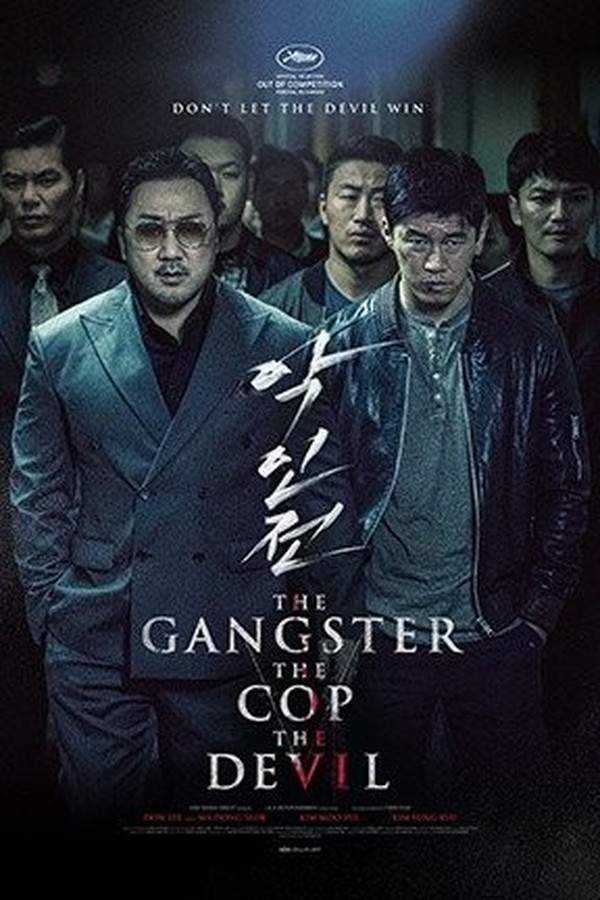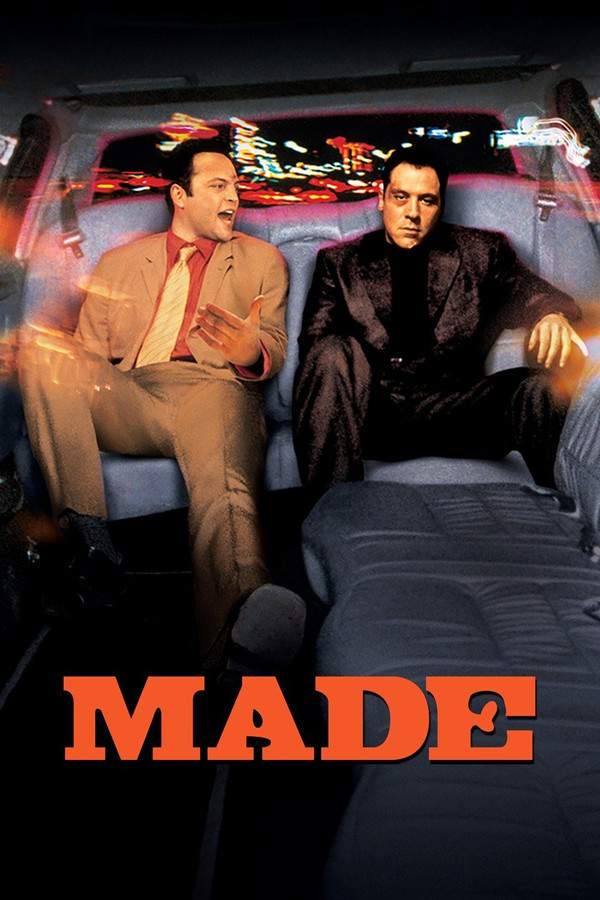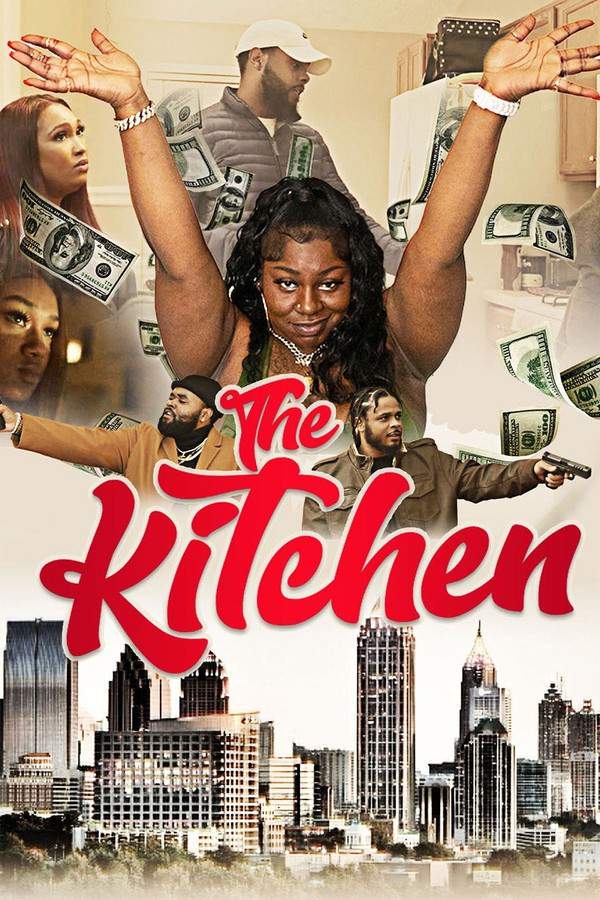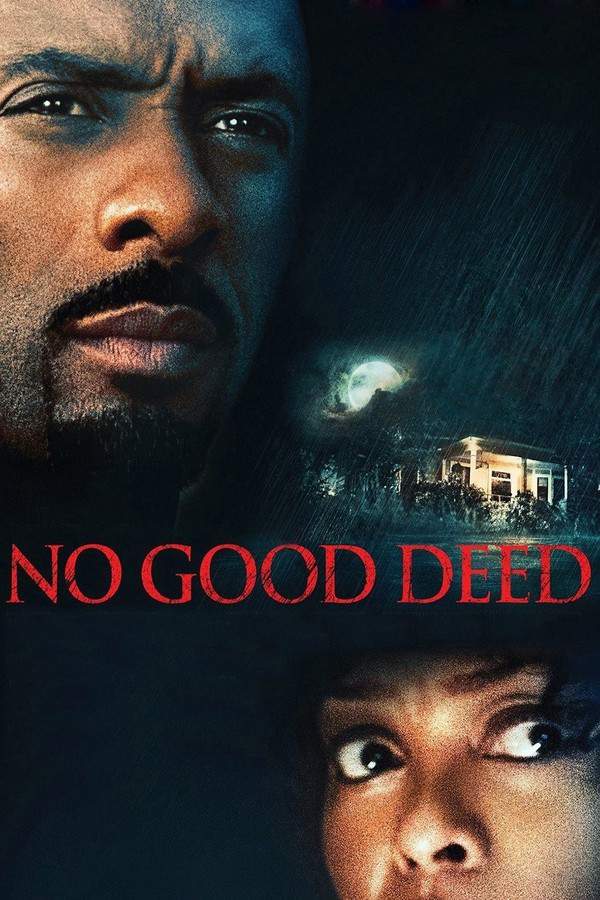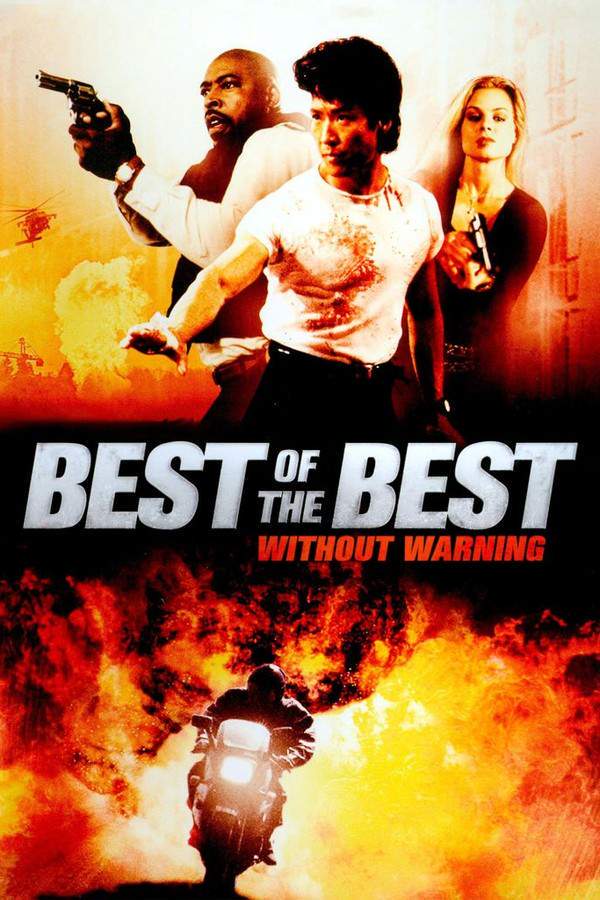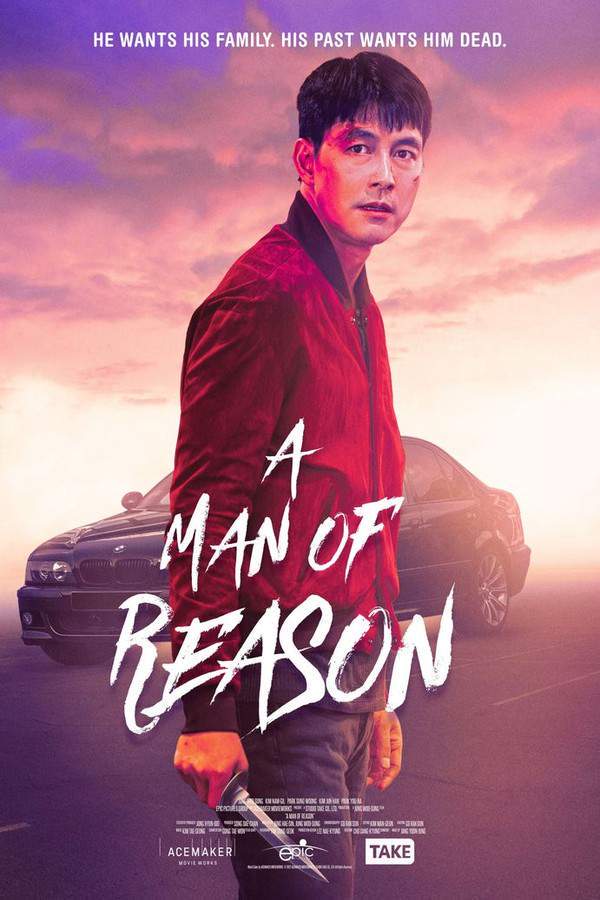Do the Right Thing 1989

Jang Sa-ki thrives by deceiving others and accepting bribes from government officials, leading a comfortable and corrupt existence. However, his fortunes change when he's betrayed by Dal-se and Do-jun, threatening his lifestyle and forcing him to confront the consequences of his actions.
Does Do the Right Thing have end credit scenes?
No!
Do the Right Thing does not have end credit scenes. You can leave when the credits roll.
Meet the Full Cast and Actors of Do the Right Thing
Explore the complete cast of Do the Right Thing, including both lead and supporting actors. Learn who plays each character, discover their past roles and achievements, and find out what makes this ensemble cast stand out in the world of film and television.
External Links and Streaming Options
Discover where to watch Do the Right Thing online, including streaming platforms, rental options, and official sources. Compare reviews, ratings, and in-depth movie information across sites like IMDb, TMDb, Wikipedia or Rotten Tomatoes.
Ratings and Reviews for Do the Right Thing
See how Do the Right Thing is rated across major platforms like IMDb, Metacritic, and TMDb. Compare audience scores and critic reviews to understand where Do the Right Thing stands among top-rated movies in its genre.

93
Metascore
8.2
User Score

8.0 /10
IMDb Rating

78
%
User Score
Take the Ultimate Do the Right Thing Movie Quiz
Challenge your knowledge of Do the Right Thing with this fun and interactive movie quiz. Test yourself on key plot points, iconic characters, hidden details, and memorable moments to see how well you really know the film.
Do the Right Thing Quiz: Test your knowledge of Spike Lee's seminal film 'Do the Right Thing' and its complex themes of race and community.
What is Mookie's profession in the film?
Pizza deliveryman
Police officer
School teacher
Construction worker
Show hint
Awards & Nominations for Do the Right Thing
Discover all the awards and nominations received by Do the Right Thing, from Oscars to film festival honors. Learn how Do the Right Thing and its cast and crew have been recognized by critics and the industry alike.
47th Golden Globe Awards 1990
Best Motion Picture – Comedy or Musical
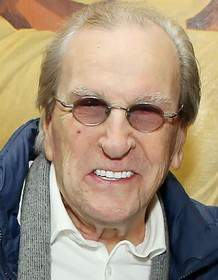
Best Supporting Performance in a Motion Picture – Drama, Comedy or Musical (Supporting Actor)
Danny Aiello

Full Plot Summary and Ending Explained for Do the Right Thing
Read the complete plot summary of Do the Right Thing, including all major events, twists, and the full ending explained in detail. Explore key characters, themes, hidden meanings, and everything you need to understand the story from beginning to end.
Mookie, played by Spike Lee, is a young man navigating life in the culturally rich neighborhood of Bedford-Stuyvesant, Brooklyn. He shares a home with his sister Jade (Joie Lee) and works as a pizza delivery man for Sal’s Pizzeria, owned by the Italian-American, Salvatore “Sal” Frangione, portrayed by Danny Aiello. Sal, who has run the pizzeria for a quarter of a century, struggles with his older son Pino (John Turturro), whose blatant racism causes tension in the shop. Pino’s disdain for the neighborhood’s black residents clashes with the more amicable relationship Mookie shares with Sal’s younger son, Vito (Richard Edson).
On an exceptionally sweltering summer day, the street corner buzzes with an array of characters, each coping with the oppressive heat in their own way. Among them is Da Mayor, an old drunk, played by Ossie Davis, who spends his days trying to win the heart of the neighborhood’s matriarch, Mother-Sister, brought to life by Ruby Dee. The eclectic mix includes Radio Raheem (Bill Nunn), who is passionately devoted to blasting Public Enemy’s “Fight the Power” via his boombox, symbolizing the constant battle of “love” and “hate” with rings on his hands to illustrate their conflict.
Adding to this community tapestry, we find Smiley (Roger Guenveur Smith), a mentally disabled man who strolls through the streets, proudly displaying hand-colored images of Malcolm X and Martin Luther King, Jr. Also in the midst is Buggin’ Out (Giancarlo Esposito), a young man earnestly discussing civil rights with anyone willing to listen. The local airwaves are kept lively by the charismatic Mister Señor Love Daddy (Samuel L. Jackson), who brings his unique flair to the neighborhood.
As tensions mount, Buggin’ Out confronts Sal about the pizzeria’s “Wall of Fame,” arguing for the inclusion of black celebrities, pointing out that Sal’s establishment primarily serves a black clientele. Sal firmly asserts his pride in his Italian heritage, insisting on showcasing only Italian figures on the wall. Mookie attempts to mediate this brewing conflict, suggesting Buggin’ Out return after a week to allow for consideration. However, the situation escalates when Buggin’ Out seeks to initiate a boycott, yet the community remains largely loyal to Sal’s.
The pivotal moment strikes when Radio Raheem and Buggin’ Out storm into Sal’s, demanding the change of decor while blasting music at full volume. A volatile exchange culminates in Sal shattering Radio Raheem’s boombox, leading to a fierce confrontation that spills onto the streets. As the police arrive, chaos unfolds, ultimately resulting in the tragic death of Radio Raheem from a chokehold during his arrest. This incident ignites a fury among the watching crowd, and tensions boil over into a riot ignited by Mookie after he throws a trash can through Sal’s window.
The mob wreaks havoc on Sal’s pizzeria, and while Smiley defiantly hangs images of the civil rights leaders, the community’s anger is momentarily diverted. With firefighters attempting to control the blaze and riot police clashing with the crowd, the chaos epitomizes the societal fractures at play.
The morning after the riot, Mookie faces Sal amidst the wreckage of his restaurant. The confrontation reveals a complicated relationship fractured by blame and anger, but after a heated exchange, they reach a cautious understanding. In the aftermath, as the local radio host grieves the loss of Radio Raheem, the film closes with potent quotes highlighting its thematic conflict: Dr. Martin Luther King, Jr.’s thoughts on violence and Malcolm X’s perspective on the justification of self-defense leave viewers reflecting on the actions witnessed.
Uncover the Details: Timeline, Characters, Themes, and Beyond!

Coming soon on iOS and Android
The Plot Explained Mobile App
From blockbusters to hidden gems — dive into movie stories anytime, anywhere. Save your favorites, discover plots faster, and never miss a twist again.
Sign up to be the first to know when we launch. Your email stays private — always.
Watch Trailers, Clips & Behind-the-Scenes for Do the Right Thing
Watch official trailers, exclusive clips, cast interviews, and behind-the-scenes footage from Do the Right Thing. Dive deeper into the making of the film, its standout moments, and key production insights.
Cars Featured in Do the Right Thing
Explore all cars featured in Do the Right Thing, including their makes, models, scenes they appear in, and their significance to the plot. A must-read for car enthusiasts and movie buffs alike.
Do the Right Thing Themes and Keywords
Discover the central themes, ideas, and keywords that define the movie’s story, tone, and message. Analyze the film’s deeper meanings, genre influences, and recurring concepts.
Do the Right Thing Other Names and Titles
Explore the various alternative titles, translations, and other names used for Do the Right Thing across different regions and languages. Understand how the film is marketed and recognized worldwide.
Similar Movies To Do the Right Thing You Should Know About
Browse a curated list of movies similar in genre, tone, characters, or story structure. Discover new titles like the one you're watching, perfect for fans of related plots, vibes, or cinematic styles.
Quick Links: Summary, Cast, Ratings, More

What's After the Movie?
Not sure whether to stay after the credits? Find out!
Explore Our Movie Platform
New Movie Releases (2026)
Famous Movie Actors
Top Film Production Studios
Movie Plot Summaries & Endings
Major Movie Awards & Winners
Best Concert Films & Music Documentaries
Movie Collections and Curated Lists
© 2026 What's After the Movie. All rights reserved.


